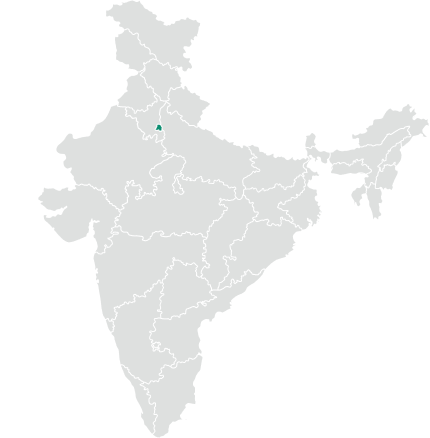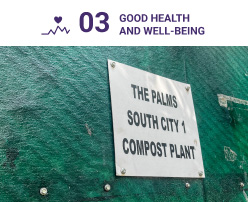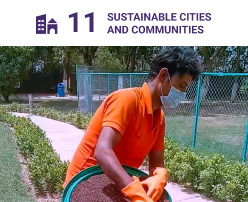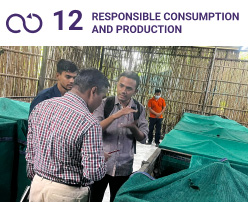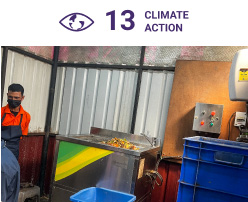Real Stories, Real Change

Vasu's Story

We’ve been running this composting facility successfully and processed close to 350 tonnes of wet waste in the past five years. We’re quite happy that as a community we could prevent 350 tonnes of waste going into landfills.
Vasu Sashti
Resident
Gurgaon, Haryana, India





